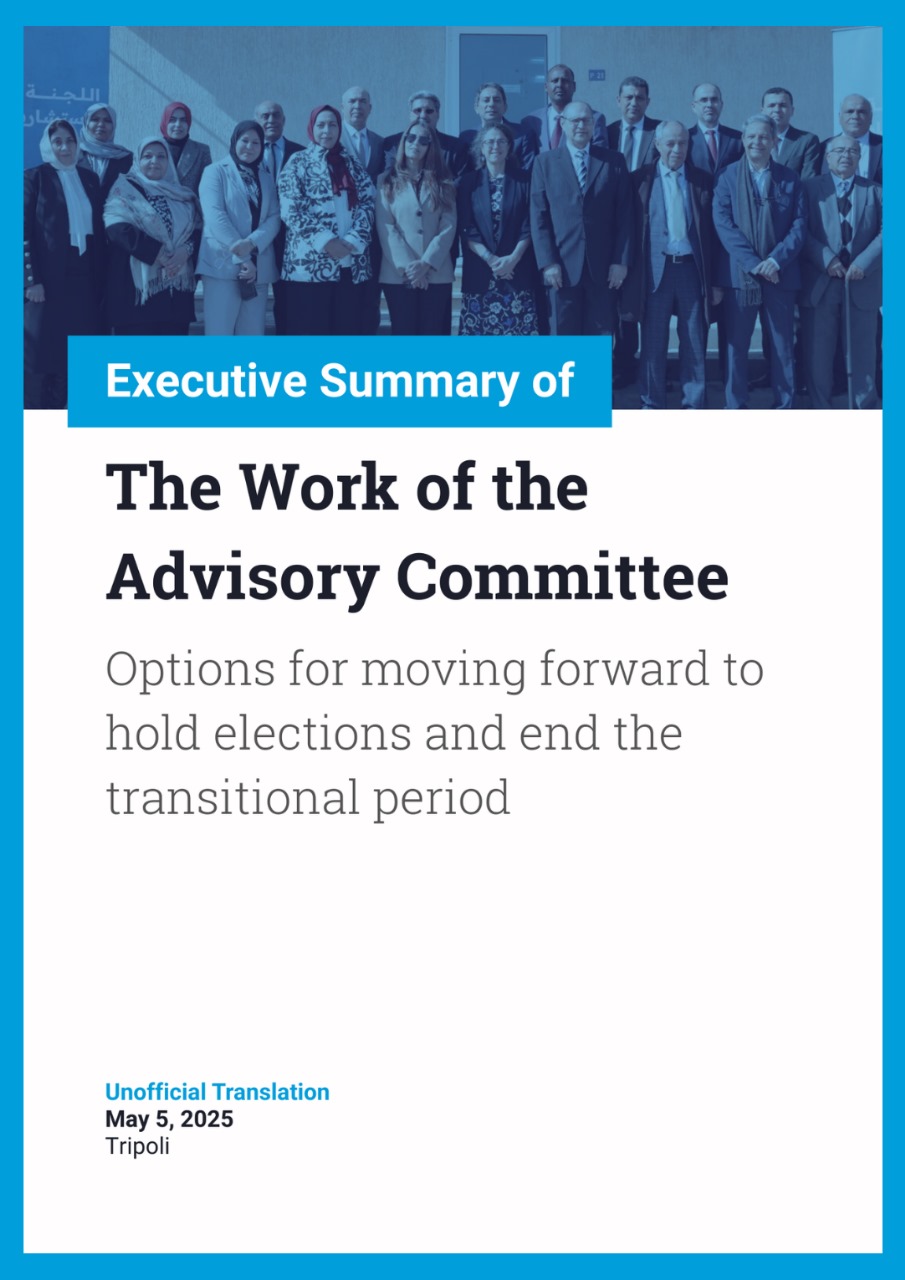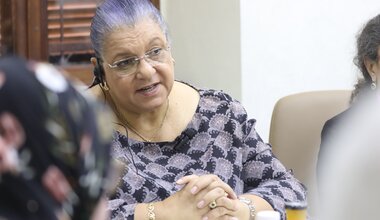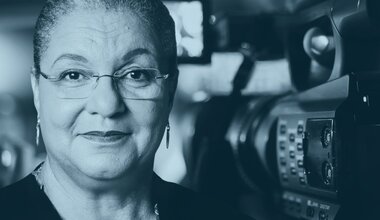Excerpts from SRSG for Libya Bernardino Leon’s Press Conference in Berlin, Germany 10 June 2015
This is a collective effort. If we are here today if we have made some progress it is thanks for the support that the international community. And I would like to enhance today the crucial role of Germany.

There are two very important dynamics that are starting here today that we didn't have in the process before, undoubtedly that are due to the very effective work of Minister Steinmeir and his team.
First dynamic is that the Libyans have been working together discussing, interacting. This has not been possible before ... the discussion we have today was the first time that the participants in the political groups had the opportunity to exchange their views directly.
The second one is that the five permanent member of the Security Council are sending a very strong message to Libya, a message of unity, a mssage of support to the political process and a message to those who don't want to work for a political solution that the international community don't want them to obstruct this process. This is also in a region which has been suffering now for four years of conflict where we see the situation in Syria, Iraq and Yemen. It is very encouraging to see here in Germany today the five member of the Security Council together. It brings not only a lot of hope to the Libyan case but also to the overall region and to the international community. ..
Time has come to make an agreement. We can continue working for months and for years and maybe to reach a perfect agreement. But Libya doesn't have the time. Because the people of Libya cannot continue the situation of humanitarian disaster, scarcity, there are displaced people in their own country. So their message is very clear.
But there are more threats than the humanitarian disaster. This is, of course, a very important element for us. But the security threat that Daesh has already seized a city in central Libya whose strategy is maybe to divide Libya by controlling its central city Sirte, a city which is close to the main oil facilities in the country and represents some of the most important communication crossroads in the country.
This is not only a threat to Libya but a threat also to the international community.
Equally important is the financial and economic situation. The main economic source of the country is oil. Libya is not producing oil, the Central Bank cannot sustain the currency anymore. Deficit is impossible there are many civil servants who are not receiving salaries... Soon it will not be able to continue its activities.
So Libya has no more time... For all those who are listening from Libya it is very important to understand and translate this into concerte action. Saying very clearly that enough is enough and the time has come to make a deal.
We now have a draft. This draft provides solution for most of the challenges we have been facing and will be facing in the coming months. The principles of inclusion, balance and consensus are there, at every step, at every institution and the principle that no side, no actor will be able to impose its views on the other.
We have very encouraging signs from the Libyan participants in the dialogue. The challenge is not only that they agree on this draft, but that they agree soon, if possible before or at the beginning of Ramadan.
We have received many messages from many Libyans through the social media. Libyans are especially active in the social media - It is a very refreshing sign how eager they are to live in democracy and freedom - from all camps, sides and cities. There is a very strong call 'We want to celebrate Ramadan in peace'. So this is the challenge we have right now, this is what we are trying to do.
I think today that Germany has been together with the United Nations helping very efficiently to have this very important step. And now it is in the hands of the Libyan actors, the Libyan people to make clear this draft becomes a final one.
In Response to questions:
The information we have, and this is through the official representatives of the House of Representatives that are participating, is that the official position of the parliament is that they are going to wait for their delegates to come back and they are going to assess in specific sessions in the coming days the proposal. I think the first deputy speaker has made very clear that the information that were published yesterday do not reflect the official position of the parliament.
We all know there are people who don't support this proposal. In both camps there are hardliners, not only in one of them. What is important is that the door is still open and the moderates are very strong, and I think are becoming a majority in both camps. So, we hope that the final decision in the House of Representatives, same as the final decision in all the other institutions' representatives that are participating in the Libyan dialogue will be positive at the end of the day and it will be possible to agree on this proposal next week.
Obviously as with everything in Libya it is not going to be easy. So, I think expectation here is very important. To measure every word. Encouraging means the general opinion of the representatives and also the other people who are here that are important and influential that this proposal might be acceptable, this is in both camps. But there are people equally in both camps who don't think this is the case. Now what we have to see what are the dynamics between moderates and hardliners in both camps and what is the final decision.
All sides with have problems and elements that they want to change. We may have two scenarios in the coming weeks. One is that they finally despite the specific issues they would like to improve they are ready to accept a proposal next week, in the coming days. The beginning of Ramadan is not a sacred deadline for the agreement. It is an important message to the Libyan people ... but also they might decide to continue negotiating. The problem we have in Libya there are many negative forces operating against the agreement.
 United Nations Peacekeeping
United Nations Peacekeeping UN
UN








